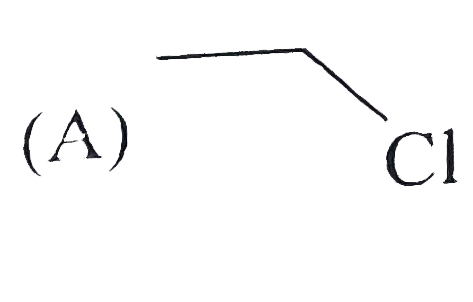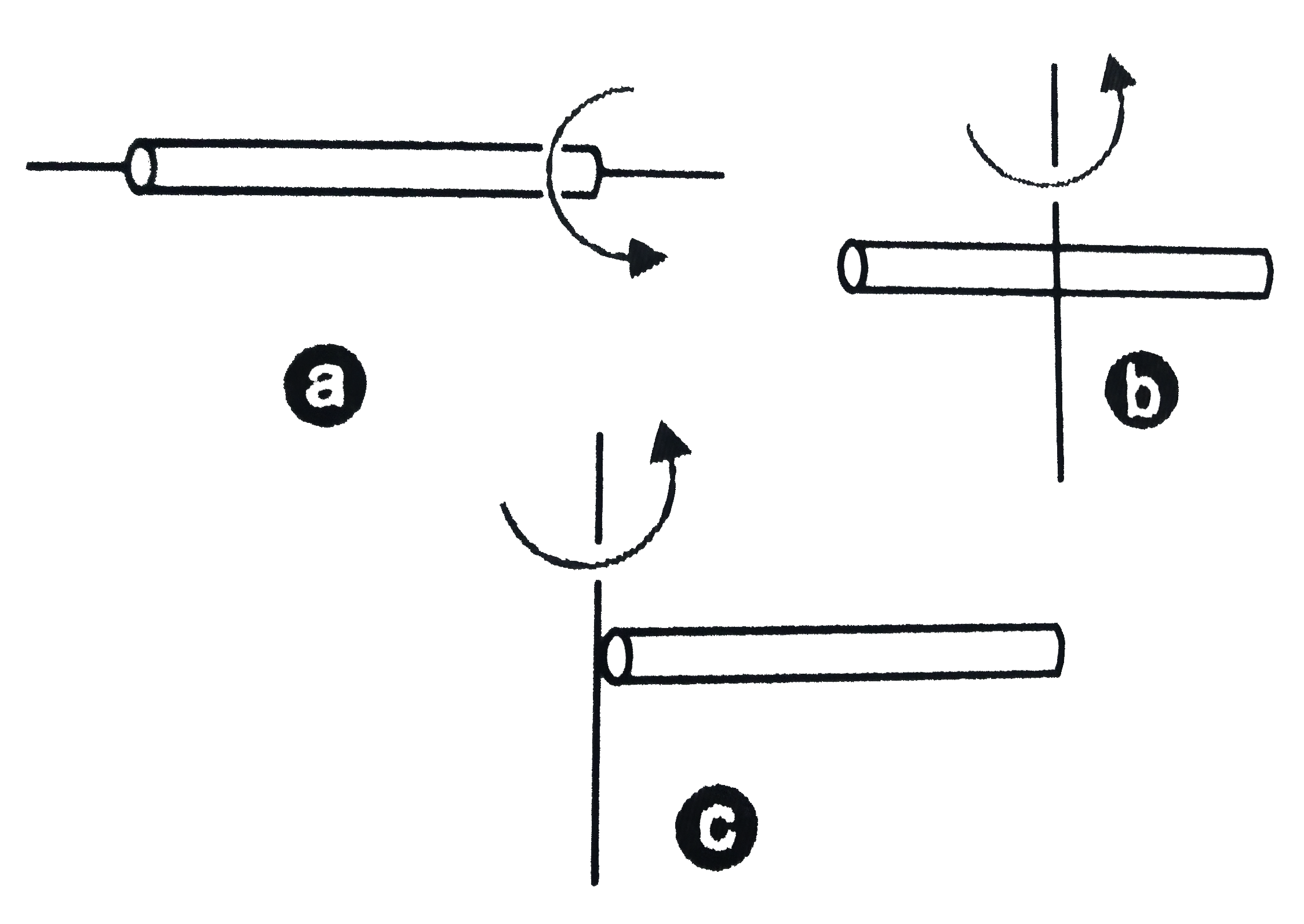In which of the following replacement of Cl− is most difficult ?
A

B

C

D

Text Solution
The correct Answer is:D
|
Topper's Solved these Questions
- TEST PAPERSBOOK - BANSALCHAPTER - TEST PAPERSEXERCISE - CHEMISTRY SECTION-2 PART-A [MULTIPLE CORRECT CHOICE TYPE]
5 Videos
- TEST PAPERSBOOK - BANSALCHAPTER - TEST PAPERSEXERCISE - CHEMISTRY SECTION-2 PART-C [INTEGER TYPE]
5 Videos
- TEST PAPERSBOOK - BANSALCHAPTER - TEST PAPERSEXERCISE - PHYSICS SECTION - 1 PART-C [INTEGER TYPE]
5 Videos
- PROBABILITYBOOK - BANSALCHAPTER - PROBABILITYEXERCISE - All Questions
1 Videos
- THERMODYNAMICSBOOK - BANSALCHAPTER - THERMODYNAMICSEXERCISE - Match the column
7 Videos
Similar Questions
Knowledge Check
To which the following atom, the attachment of electron is most difficult ?
ARadonBNitogenCOxygenDRadiumWhich of the following mutational events is most difficult to detect?
ALethal mutationsBDominant mutationsCRecessive non lethal mutationsDAuxotrophic mutationsFor which of the following particles will it be most difficult to experimentally verify the de Broglie relationship ?
AA dust particleBAn electronCA protonDAn α-particle projected closer to the center of the atom will experience a lesser deviation as compared to the particle projected away from the center.
To which the following atom, the attachment of electron is most difficult ?
View SolutionWhich of the following mutational events is most difficult to detect?
View SolutionWhich of the following hydrogen halides is the most difficult to add to the double bond of alkenes ?
View SolutionAssertion: It is difficult to replace chlorine by −OH in chlorobenzene in comparison to that in chloroethane
Reason: Chlorine-carbon (C-Cl) bond in chlorobenzene has a partial double bond character due to resonance.
View SolutionWhich of the following metal is the most difficult to extract from its oxide?
View Solution

